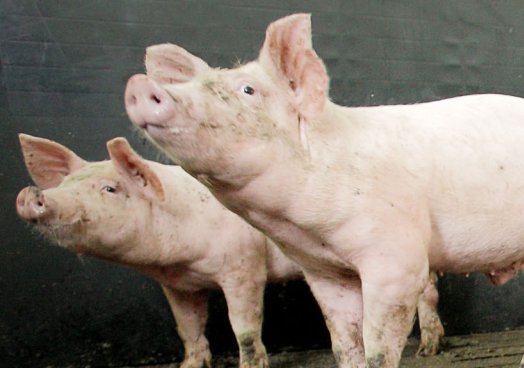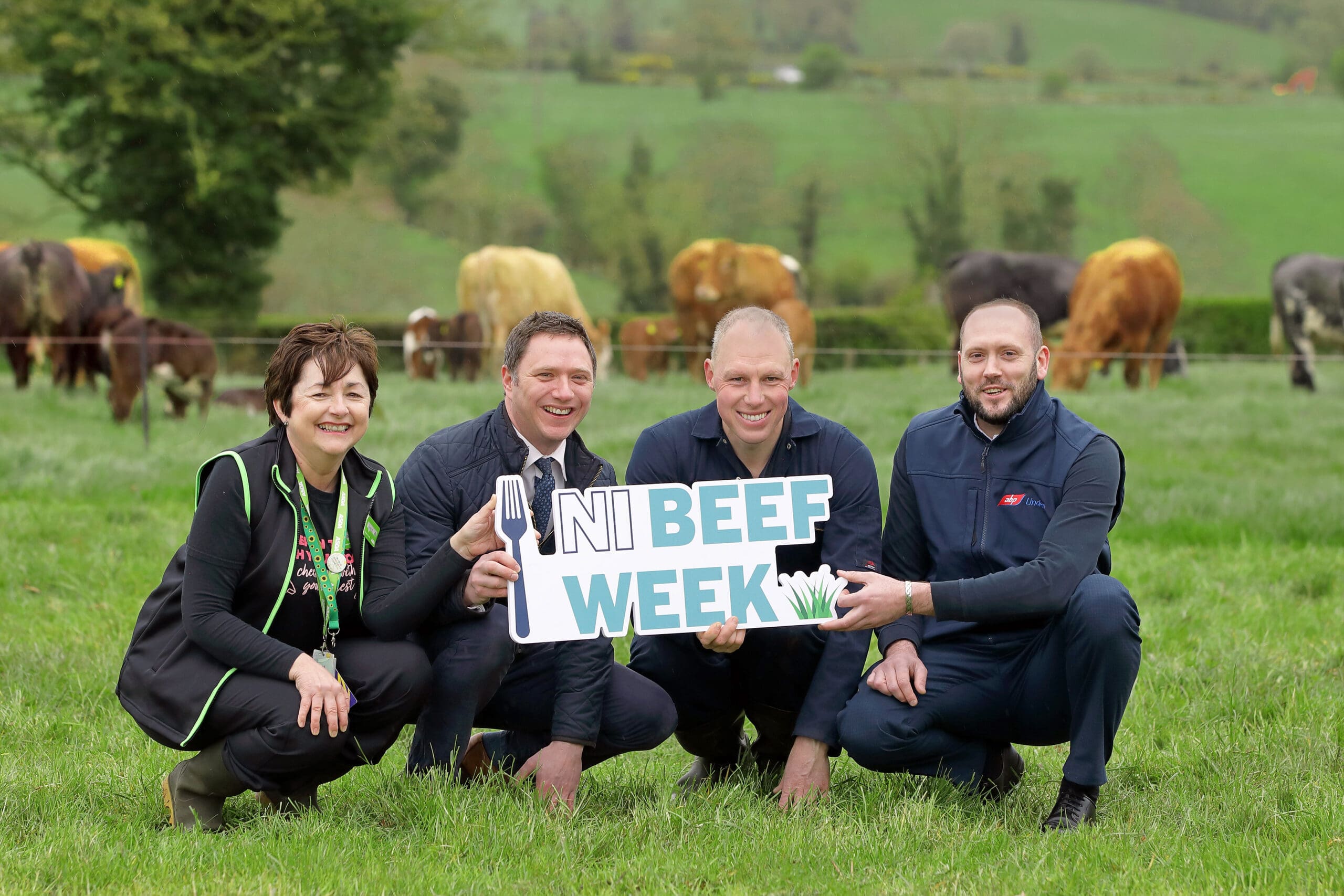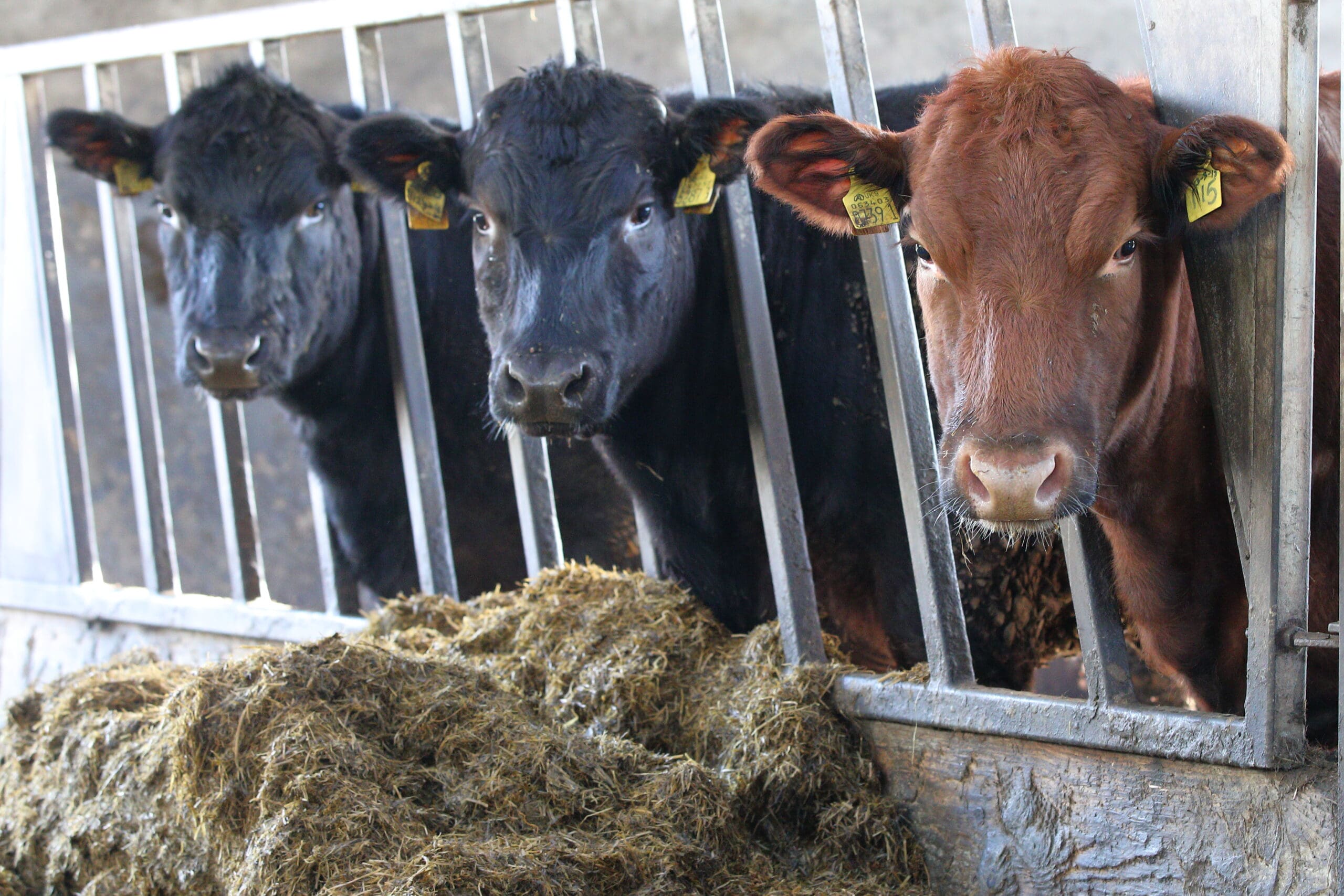
UFU Watch – Commodity Watch
The end of February saw DARD and DOJ release their final report on the Review of the Implementation of the Welfare of Animals Act (2011). This review was called for by the assembly back in March 2014 following a series of high profile animal cruelty cases involving dog fighting and puppy farming. As a result, Minister O’Neill supported a motion to ensure that the sentences handed out to perpetrators were fit for the severity of the crime and to act as a proper deterrent against animal cruelty. The review itself issued 68 recommendations primarily focusing on dog breeding, online pet sales, non-farmed animals, cooperation and serving the public. Farmers will be relieved to hear that the recommendations regarding farmed animals were fairly non-consequential, mainly focusing on the monitoring and handling the number of vexatious and anonymous calls received and reviewing policies to ensure best practice by DARD VS.
The biggest impact of the review will be that the severity of the penalties for those found guilty of causing unnecessary suffering to animals have now been increased. For those found guilty of a summary offense, the maximum fine was increased from £5,000 to £20,000. Whilst for those guilty of an indictable offence, the maximum sentence has been increased from 2 years to 5 years in jail. For the vast majority of responsible farmers, this change will have no impact on their day-to-day lives. However, it is worth bearing in mind that since 2012, 12 farmers have been found guilty under this Act. It is therefore important to remind farmers that the welfare of your animals is your responsibility. As it was described on the day, “If you have a broken toe and force yourself to keep working, then that is unnecessary suffering – take a painkiller or call your doctor – you don’t need that pain”. Likewise, if you have any doubts as to the health or wellbeing of an animal, then it is your responsibility to contact your vet in order to ensure that there is nothing that can be done to ease the animal’s suffering. Provided you can show that you have acted responsibly and that no unnecessary pain has been caused, then no farmer should ever fall foul of this sentencing.
The second area of contention in this review surrounds the long standing issue of fly-grazing and abandoned horses. On this matter, the review provided a great deal of clarity on the complexity and cost of the problem, but unfortunately provided few solutions on how to minimise the cost to farmers affected.
Between April 2012 and September 2014, Councils in NI seized 131 abandoned horses, of which only 6 could be returned to their owners. The collection, care and eventual disposal of these animals cost District Councils in excess of £181,000. Similarly, during 2014 the PSNI seized 111 abandoned horses at an estimated cost of £265,000. Between the two, roughly 3 animals were being collected per week at an estimated cost of over £1,800 per animal. This amount represents a considerable ongoing strain on both Councils’ and PSNI resources which then cannot be spent on other services or activities. Likewise, farmers in Northern Ireland occasionally find horses have been abandoned in one of their fields or out yards and they are then left with the unenviable job (and cost) of disposing of the animals.
The Review, clarifies the current legislative position for the PSNI, Councils and private landowners. If equines are abandoned on a landowner’s property, Councils only have responsibility to remove the animal if the animal is suffering or likely to suffer if its circumstances do not change. If the animal’s welfare isn’t likely to be adversely affected, then then Council’s animal health and welfare officer has no power to remove the animal. If the animal is found on the road, then the PSNI has responsibility to impound and dispose of the animals. However, it is illegal for any person to turn an animal loose onto the road under The Roads (NI) Order 1993. If horses are abandoned on your land, you have a legal right to detain the animal for 48 hours, within this period you must report the abandoned animals to the PSNI and get a crime reference number. If after 14 days, no one has claimed the animals, then the landowner may sell the animals at market or public auction. However, since the introduction of the horse passport, most abandoned animals have little to no financial value as they cannot enter the human food as their medical history is unknown. A farmer could opt to pay to get the animal microchipped and obtain a passport, but it is unlikely that the market value for the animal would ever offset this cost. In reality, the farmer has only three options, to keep the animals at their own expense, see if an animal sanctuary has space to take the animals, or to have them put down and rendered at the farmer’s cost.
Over the years, there have been numerous calls for a cull of unwanted horses or for compensation to be paid to farmers who have horses abandoned on their land. Whilst such a scheme would undoubtedly benefit individual farmers affected, it would also inadvertently create a market value for unwanted horses and would reward poor breeding and buying, which ultimately the tax payer and broader farming community would pay for as it would divert money that DARD would otherwise be spending on other key frontline services.
This position is little comfort for the unfortunate farmers who suffer this expense. However, given that it currently costs government bodies more than £1,800 to dispose of each animal, it is considered the only scenario that does not exacerbate the problem and take more money away from frontline services for the rest of the industry. In order to reduce this cost, the Review suggests reducing the number of days that the PSNI, Councils and farmers must house animals from 14 days down to 4 or 7 to reduce the cost of housing the animals before disposal. Additionally, it suggests making it clear to the courts that the seized animals have been found without a microchip and that finding the owner is unlikely to further reduce the amount of time before the animal can be disposed of via a Disposal Order. The UFU would urge any farmer affected by abandoned horses to contact us so that we can try to help put farmers in contact with various animal sanctuaries to reduce this imposition.




